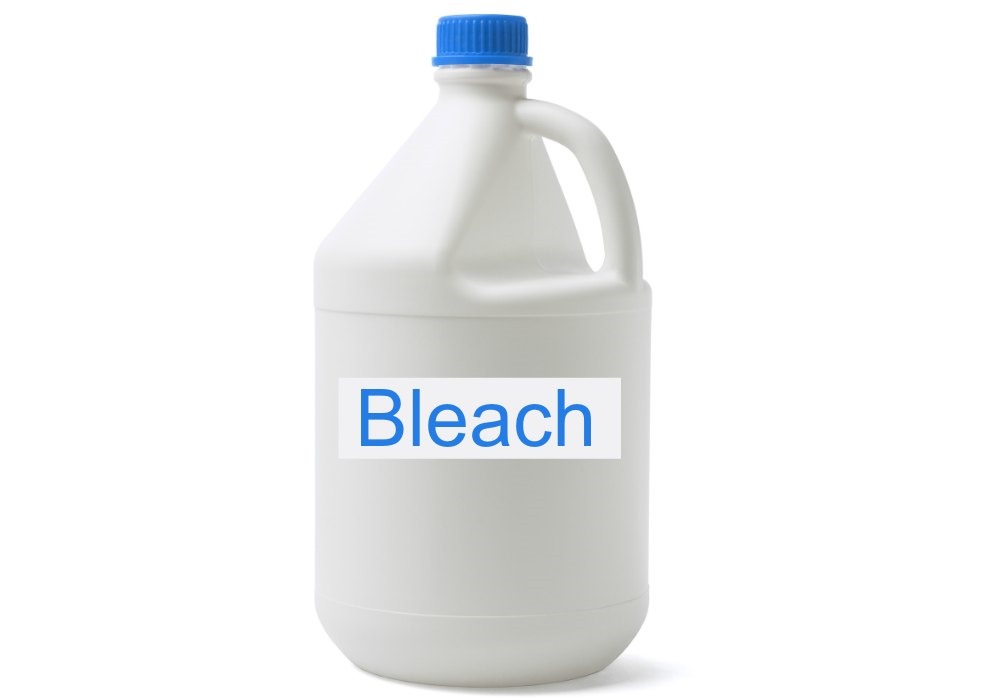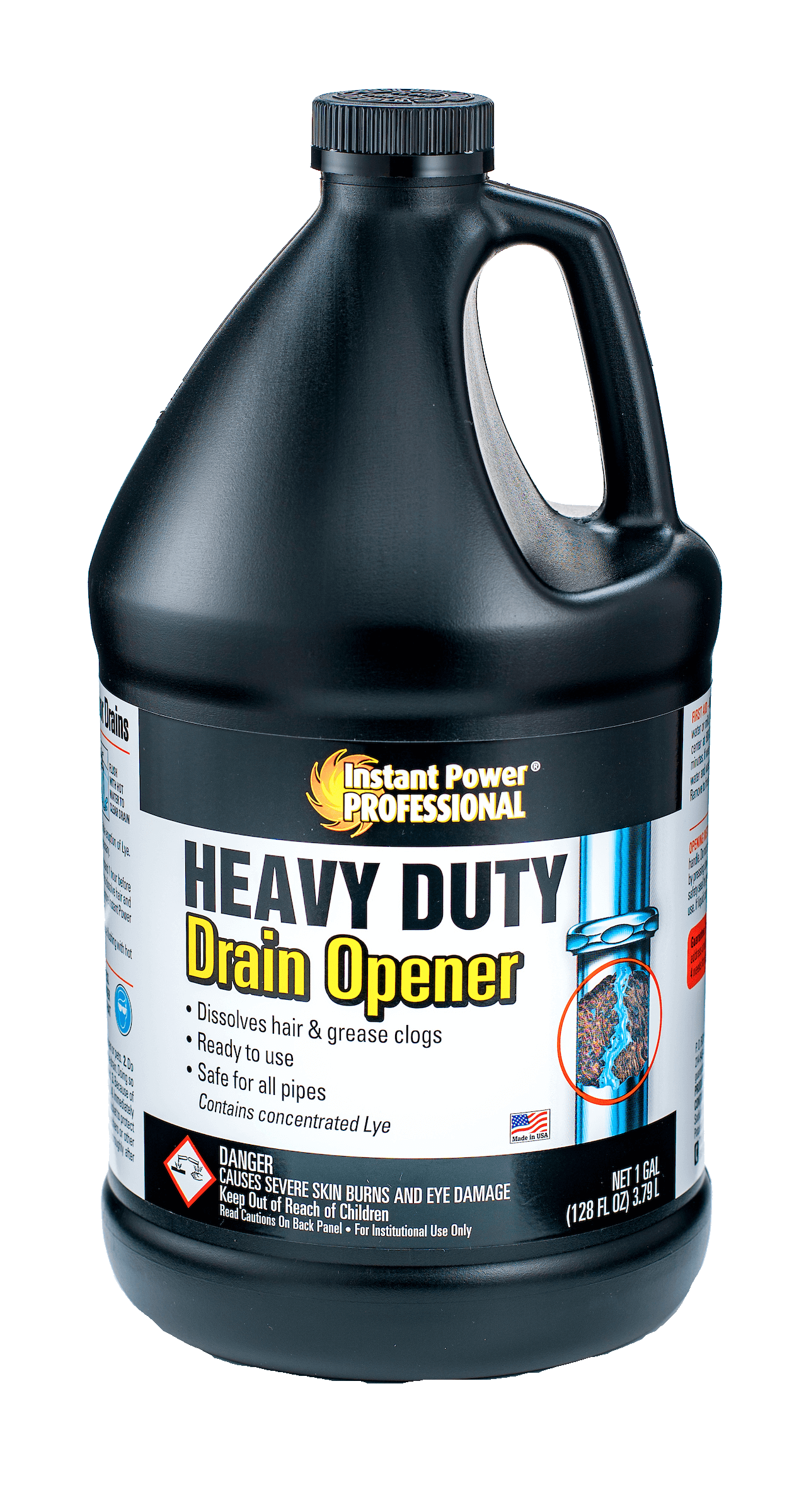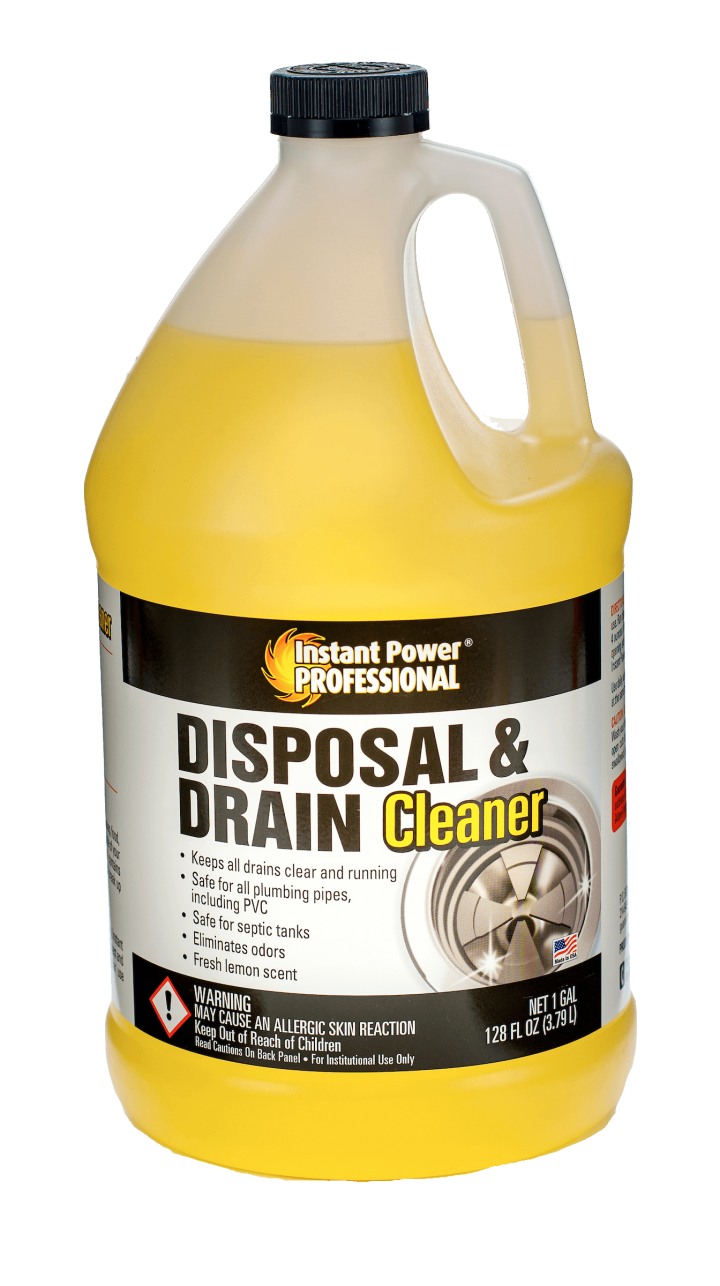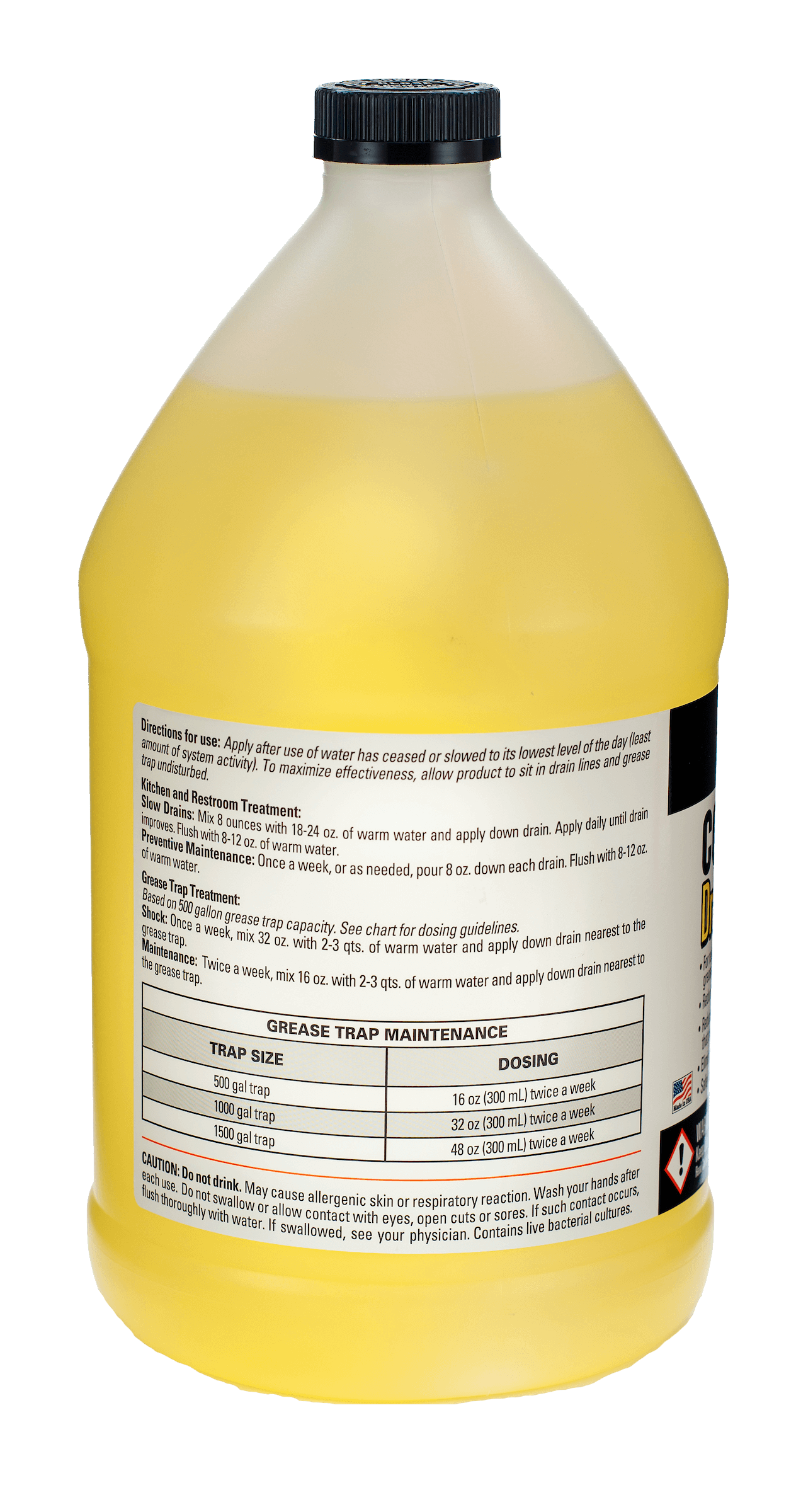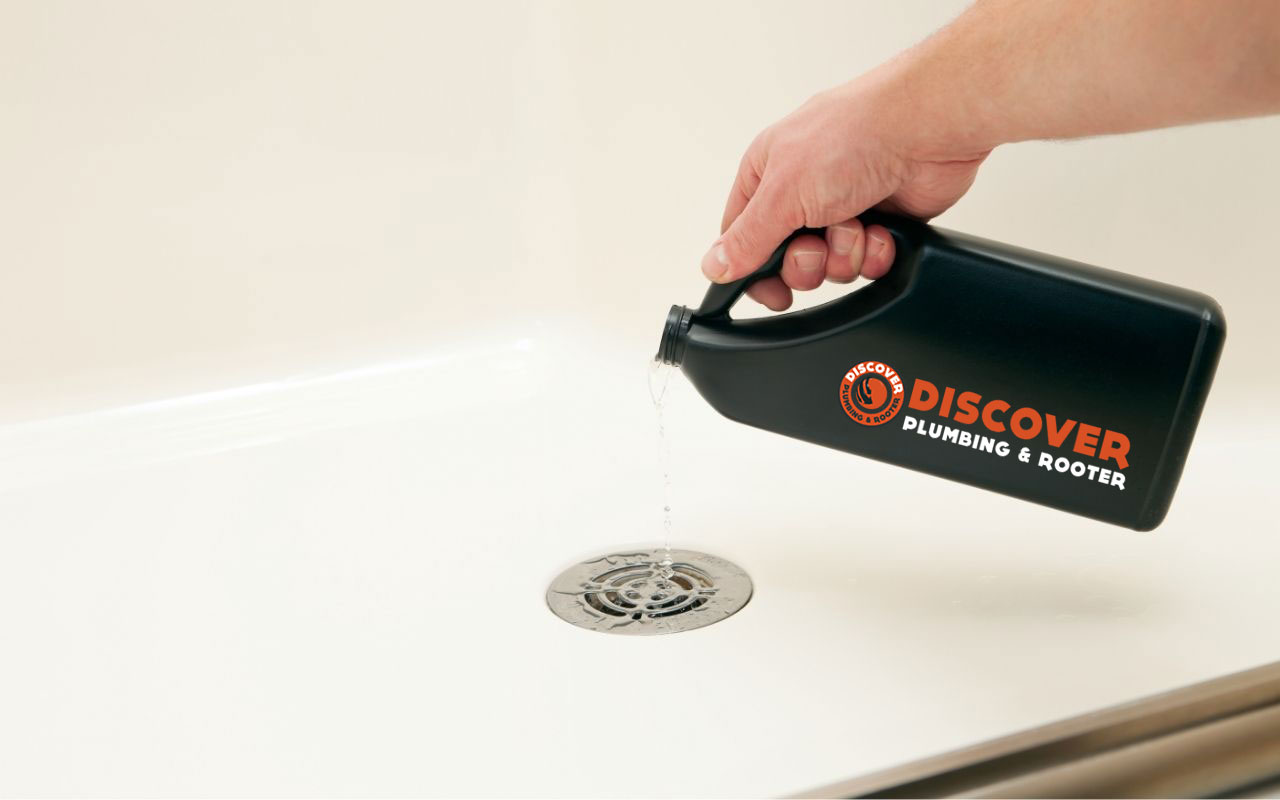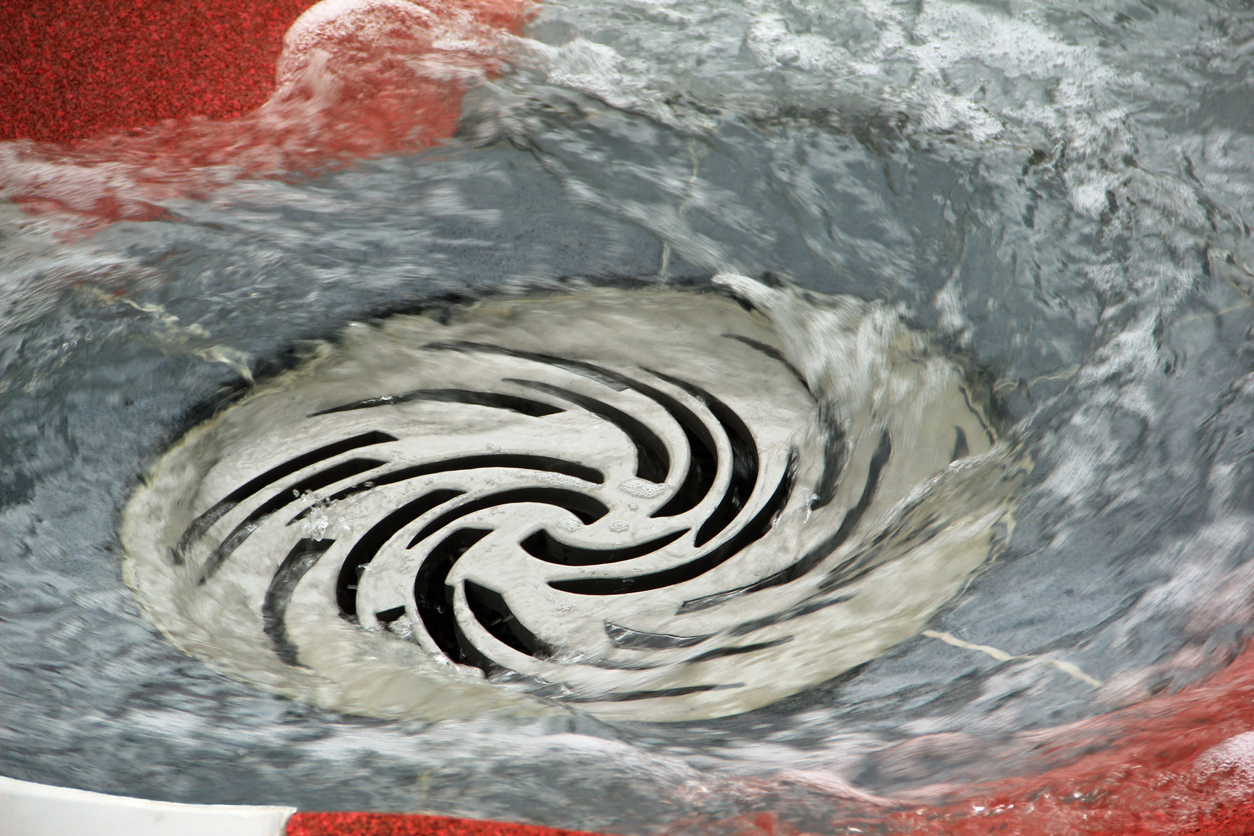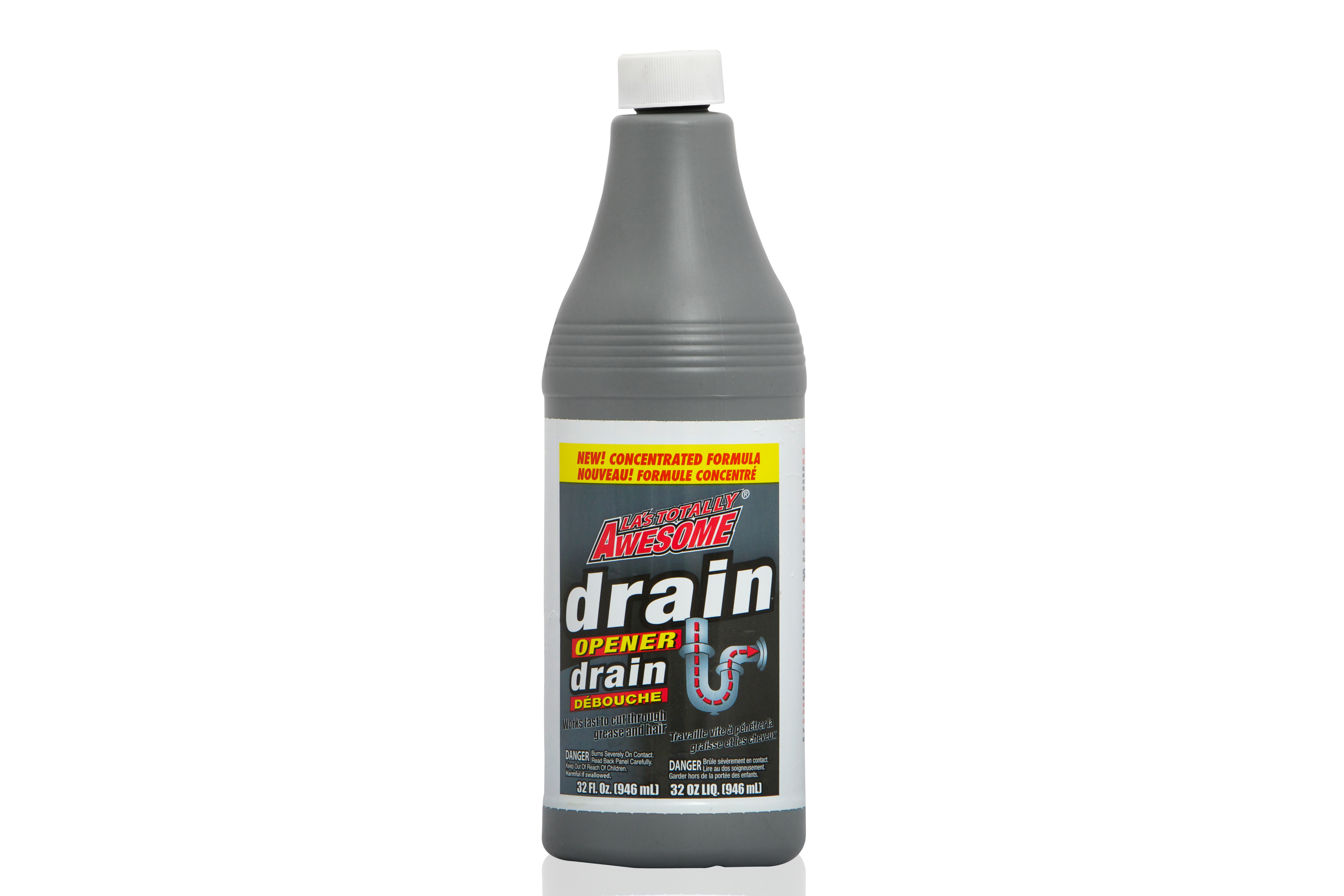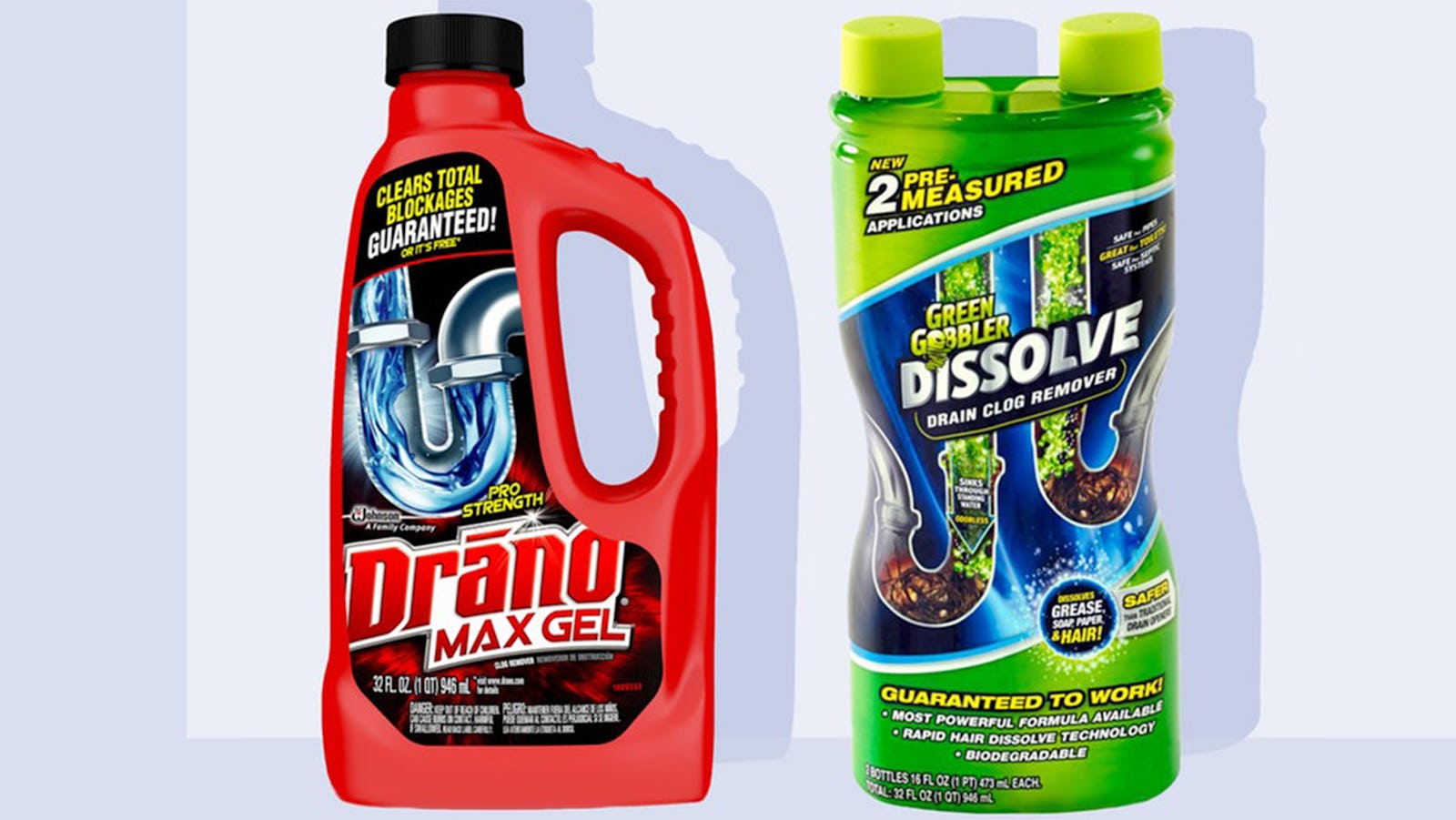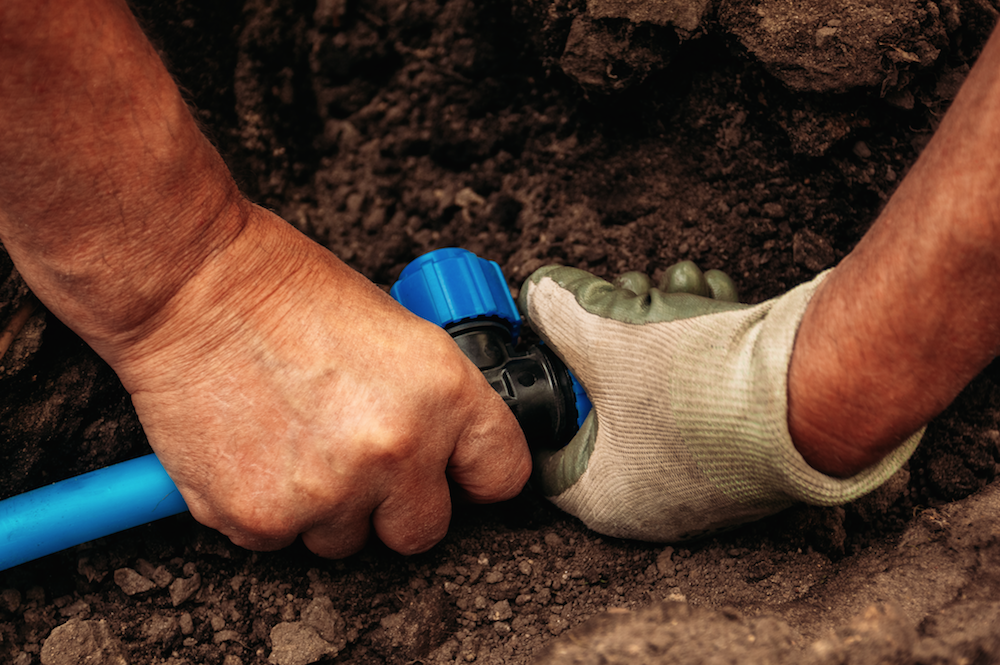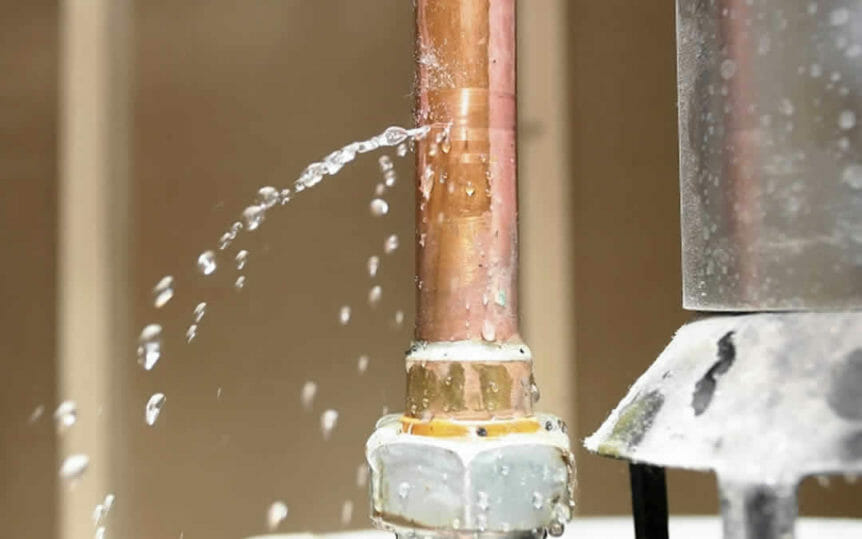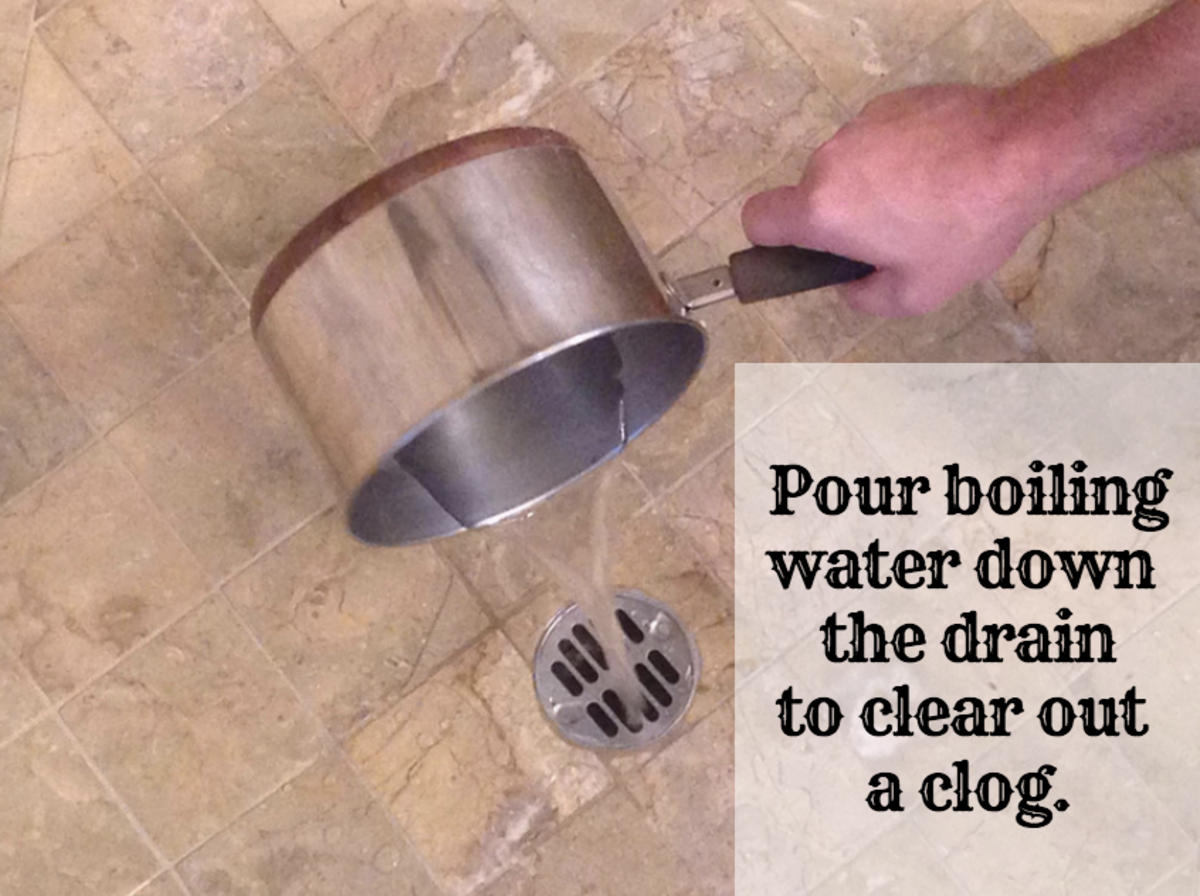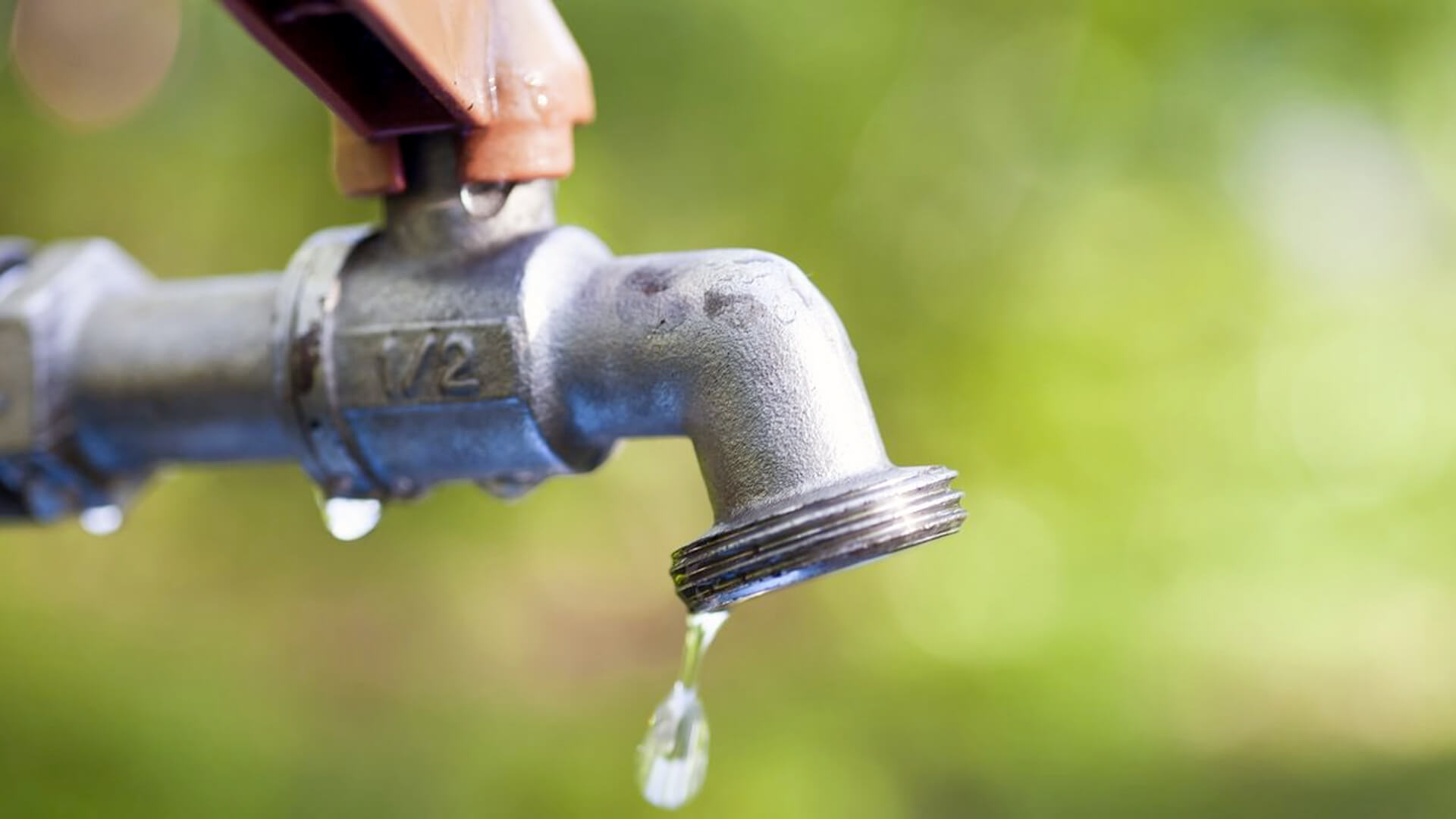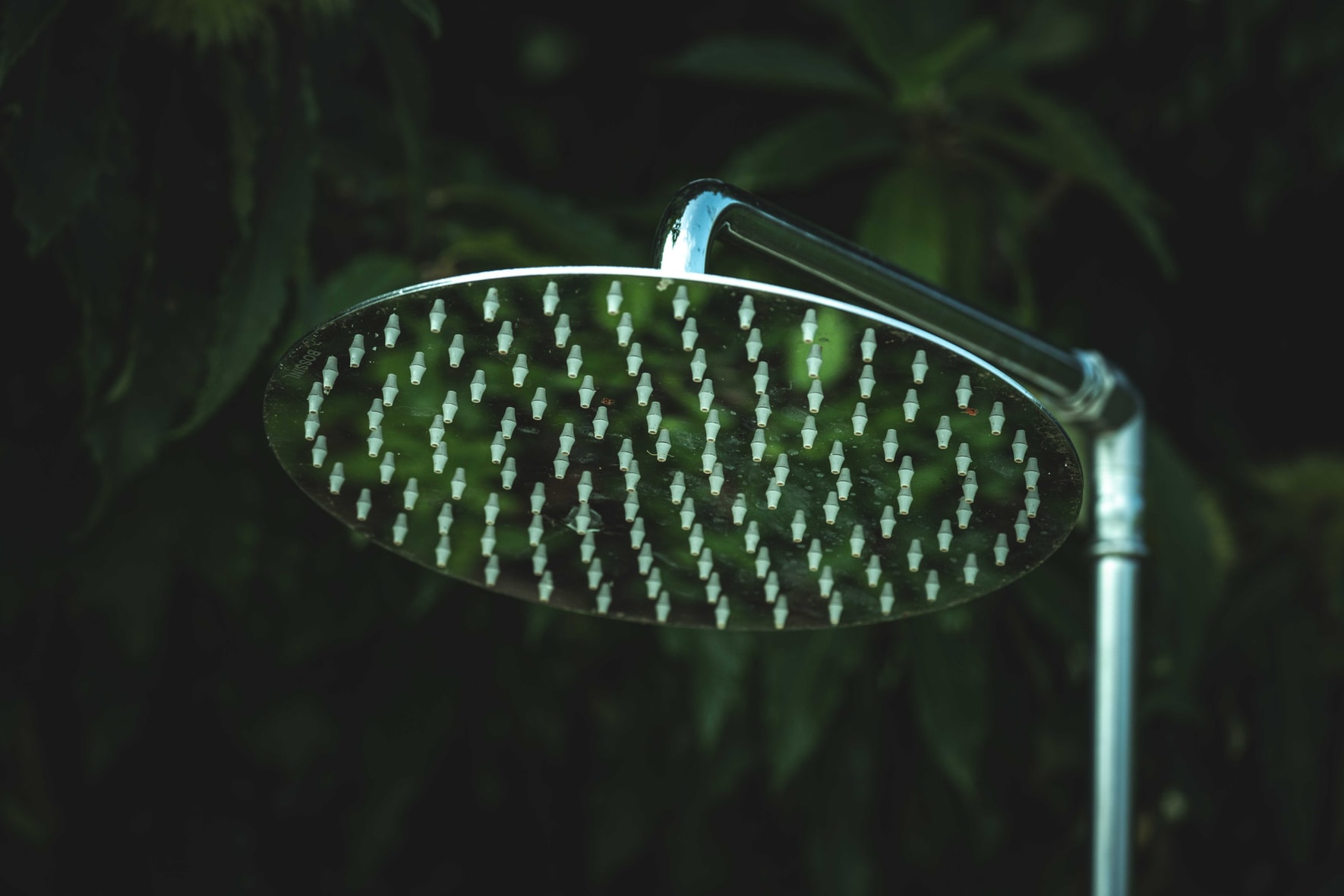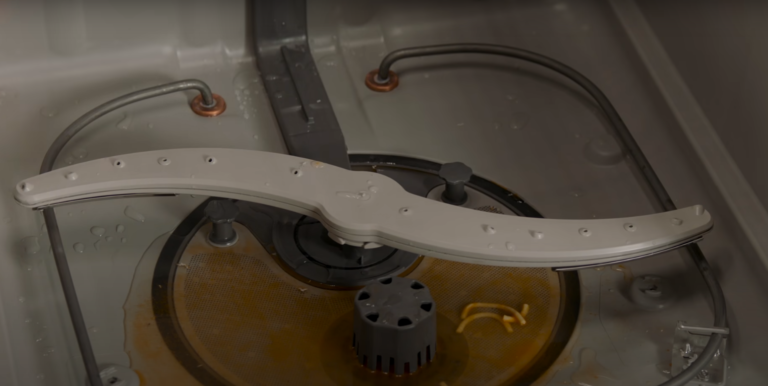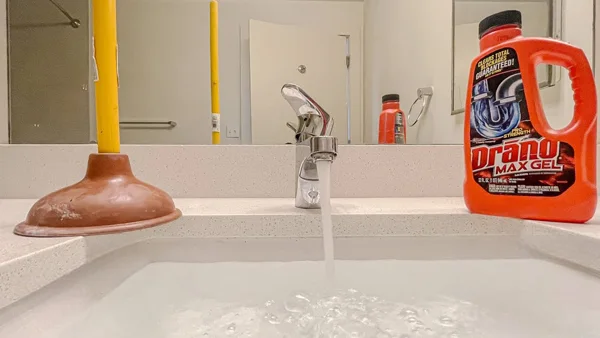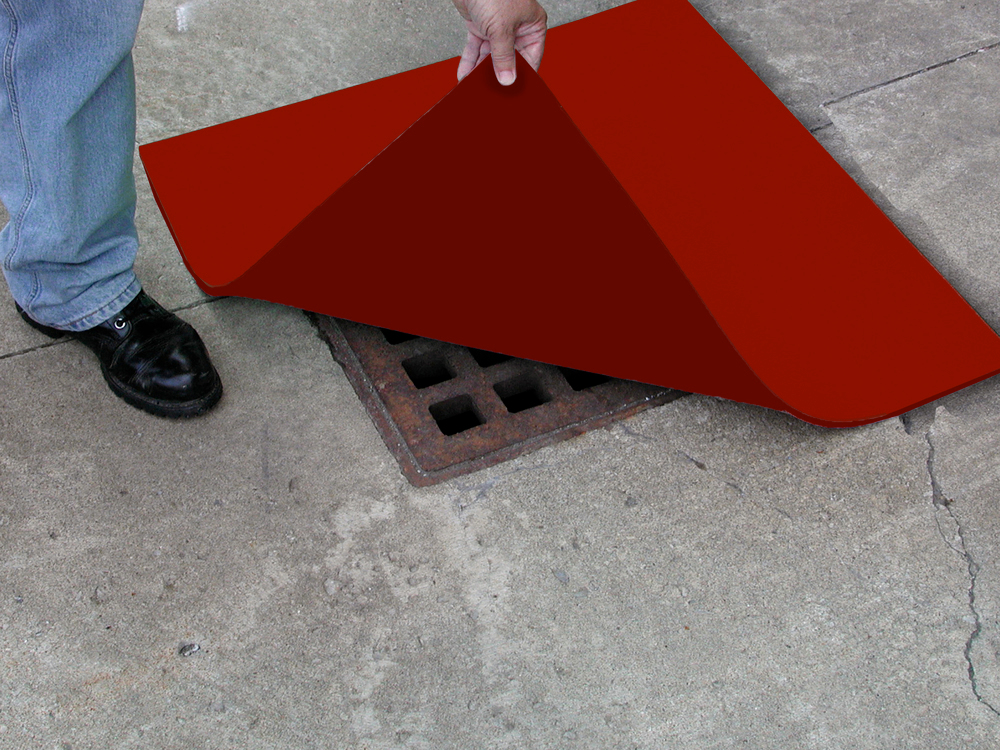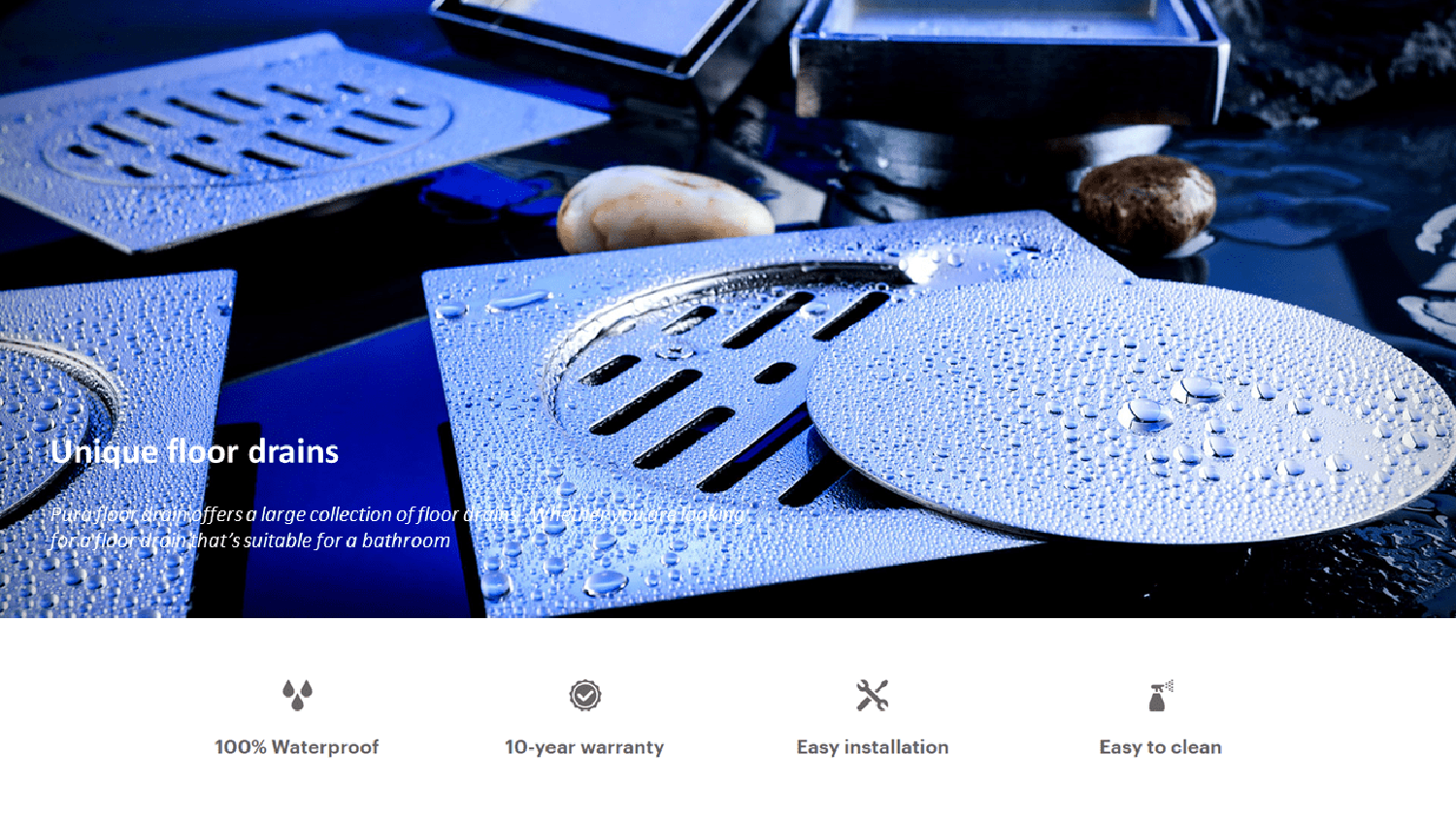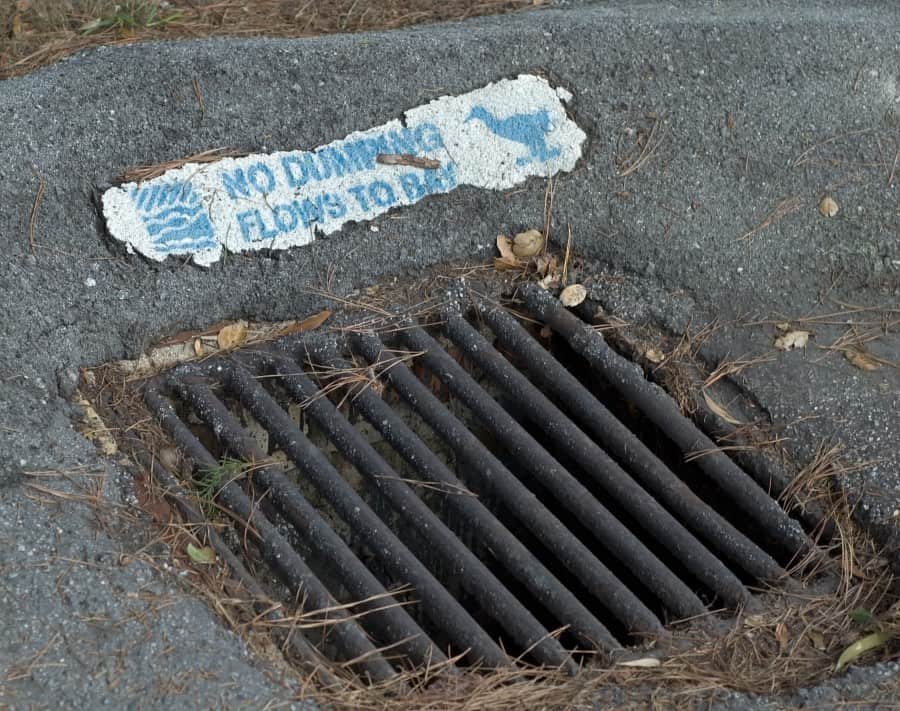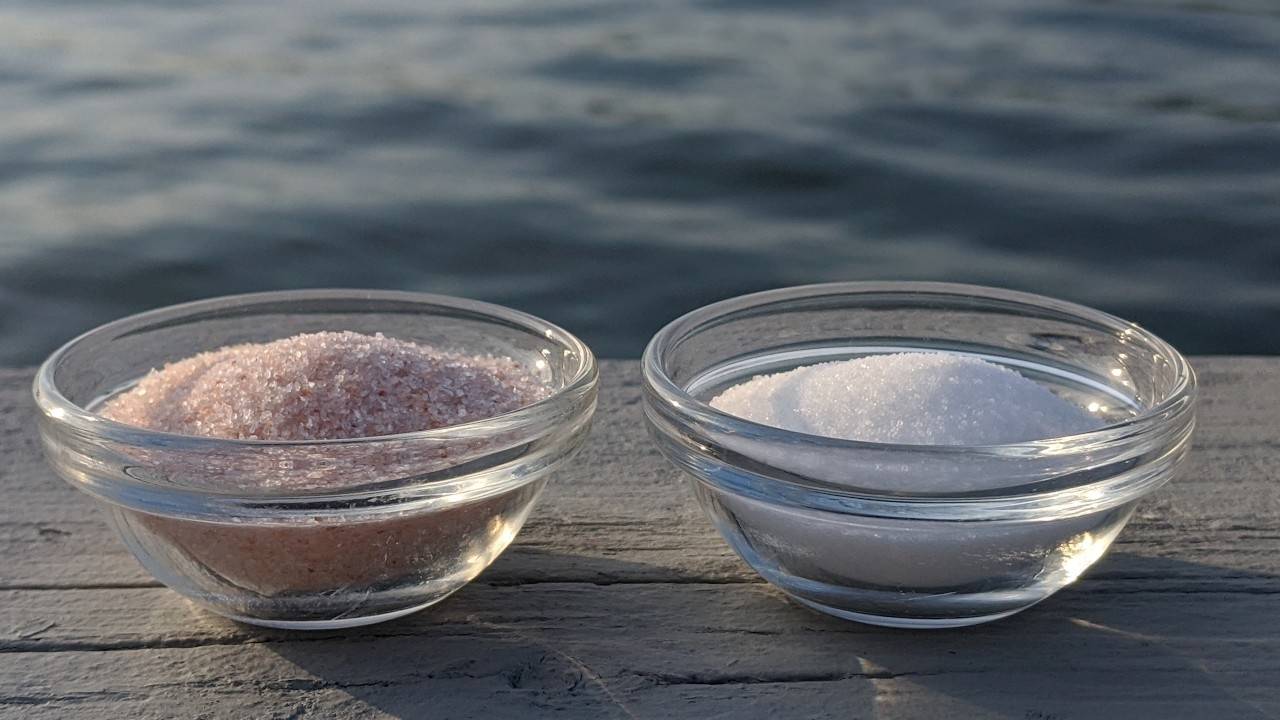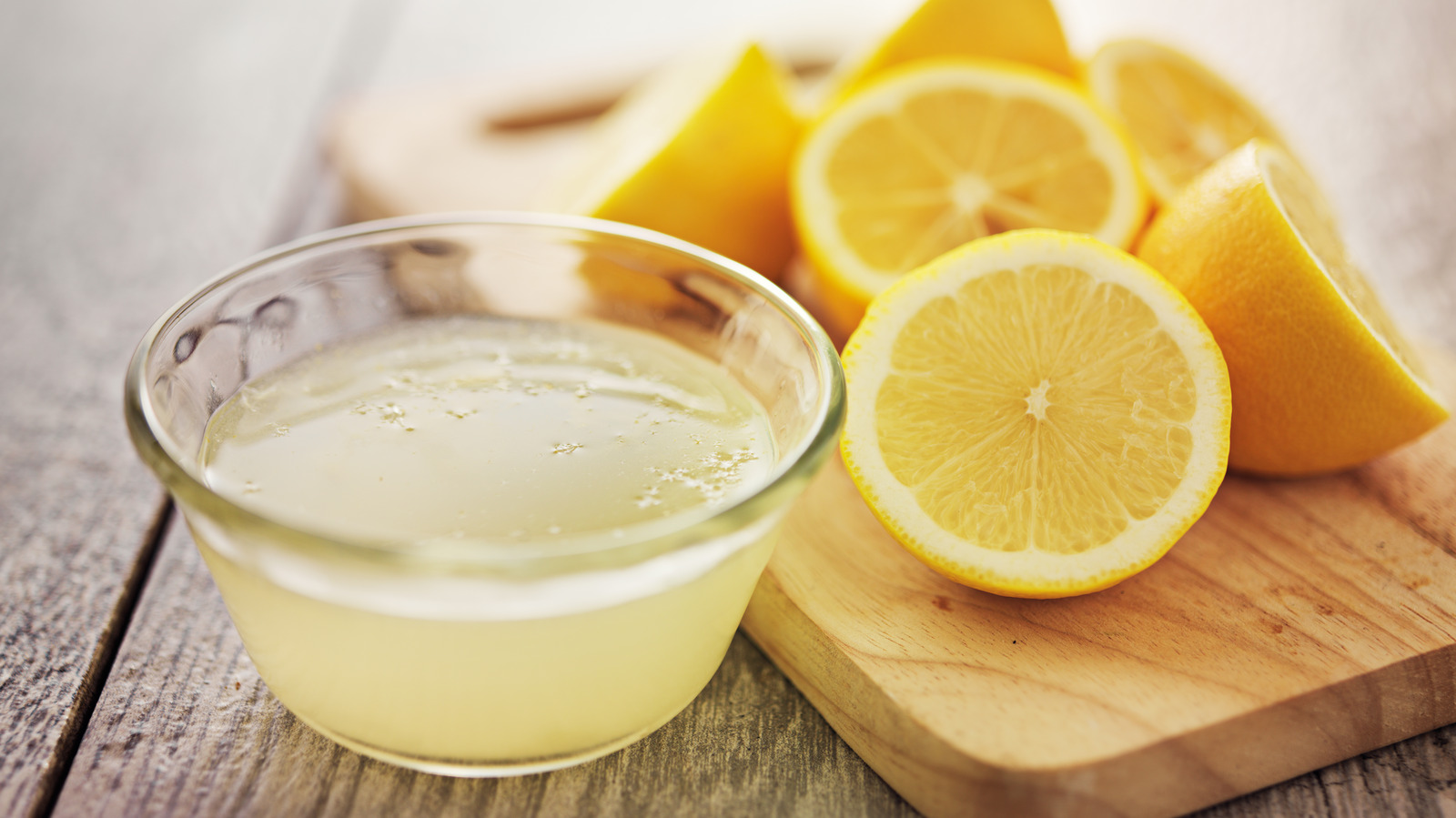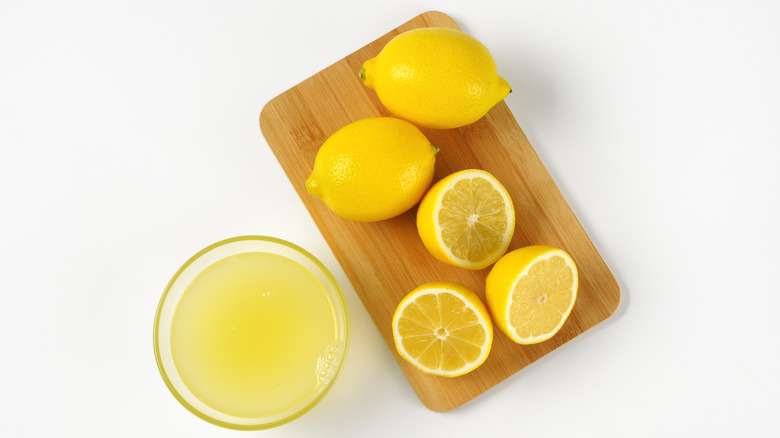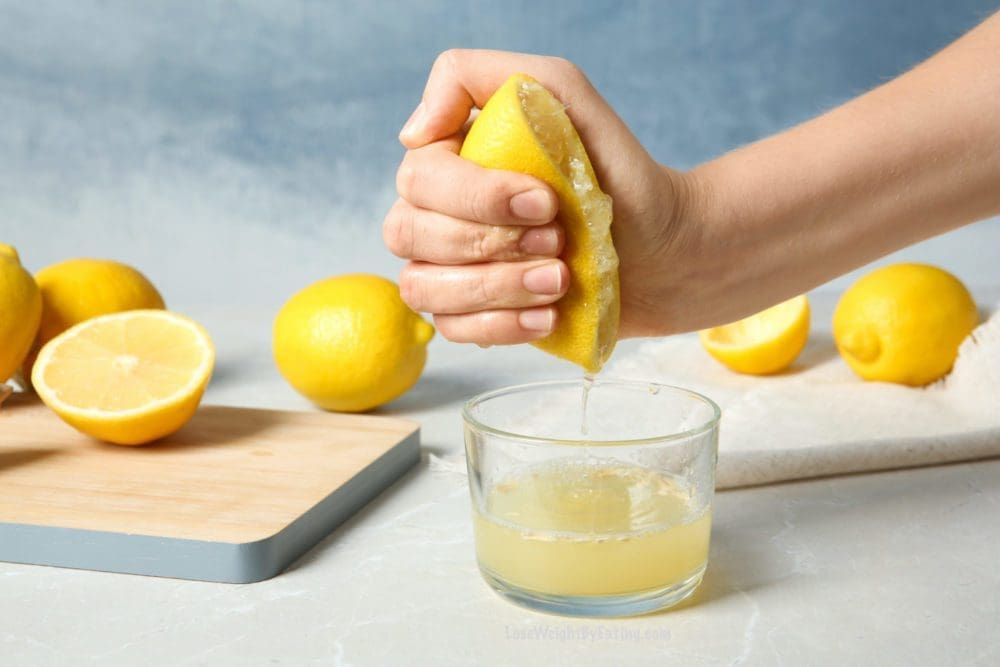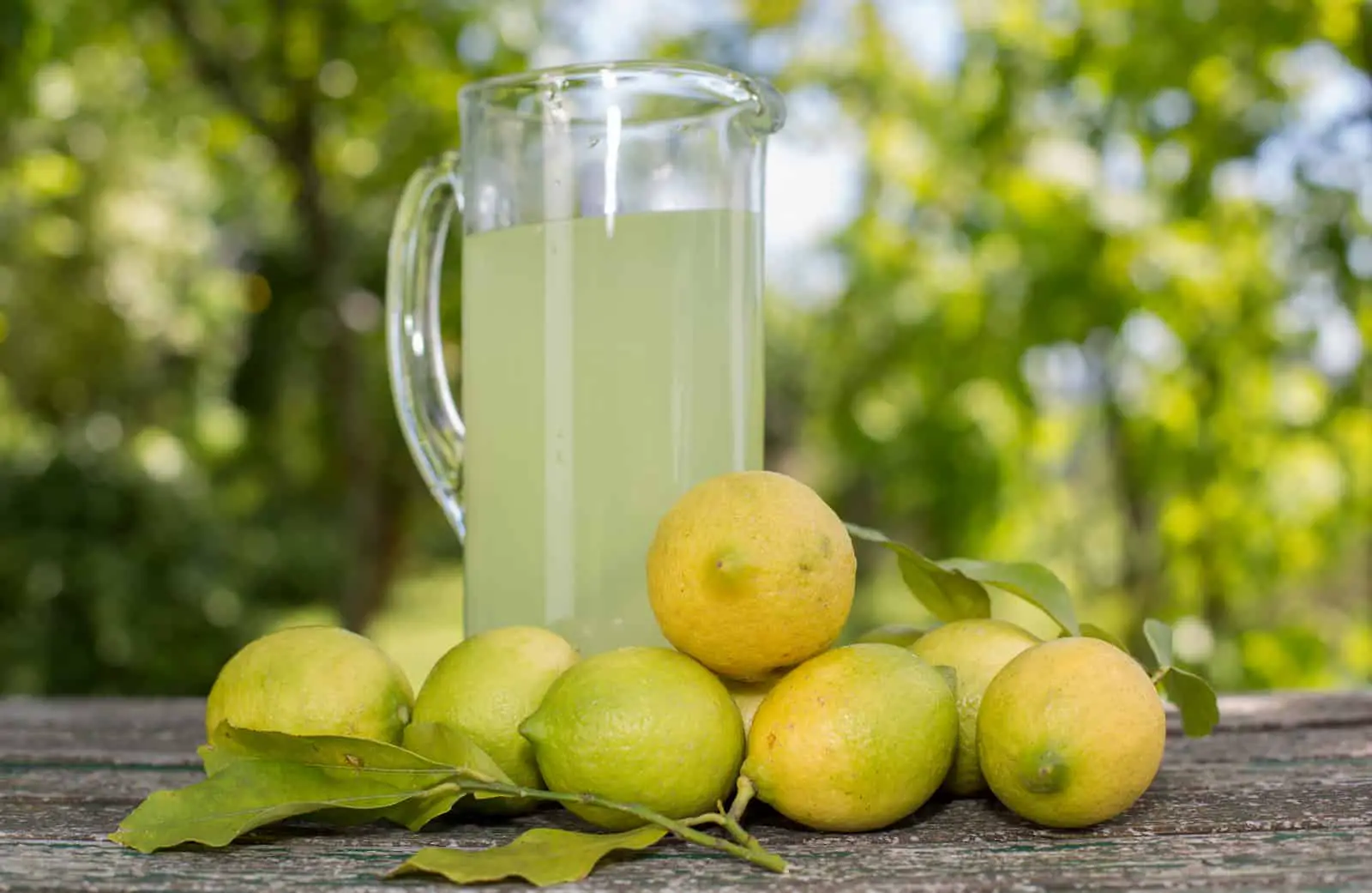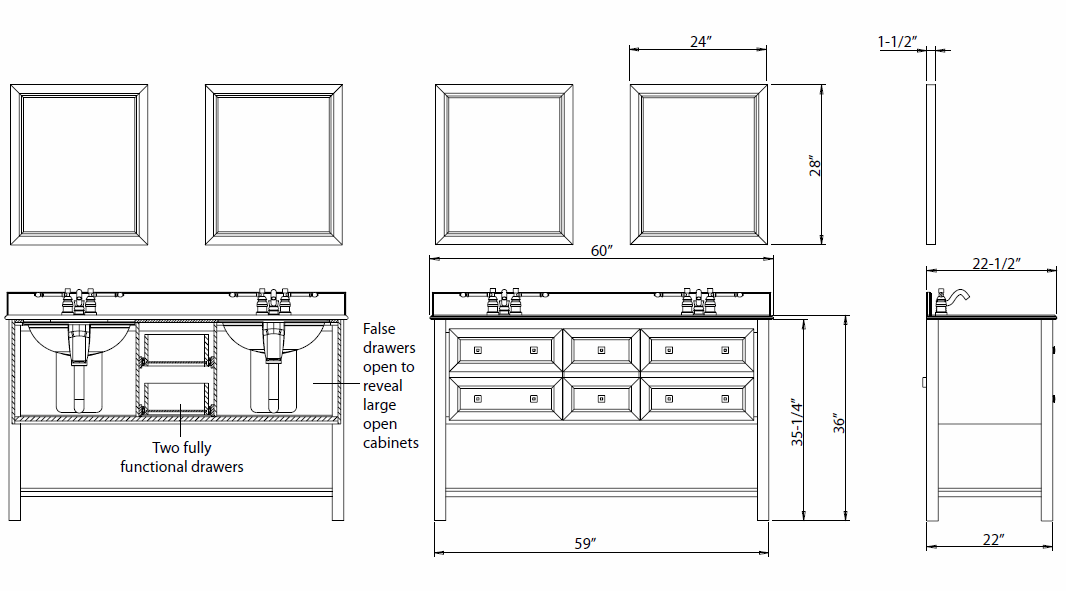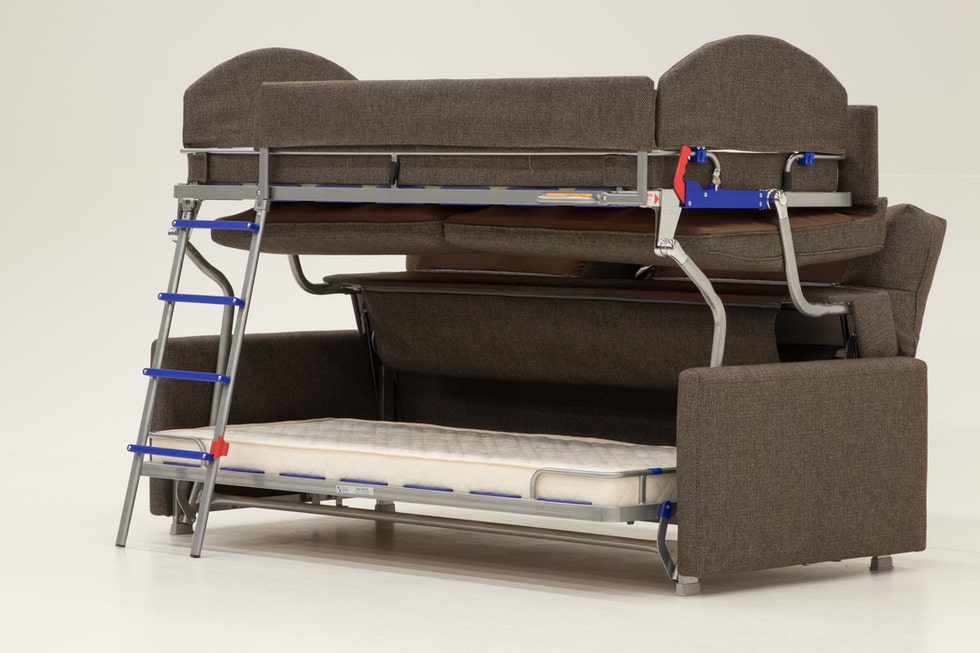If you've noticed a mildew odor coming from your kitchen sink drain, one of the first things you should try is cleaning it with a mixture of baking soda and vinegar. These two household ingredients have natural cleaning and deodorizing properties that can help eliminate the unpleasant smell. To use this method, start by pouring 1/2 cup of baking soda down the drain. Follow it up with 1 cup of vinegar. The mixture will start to fizz and foam, which helps to break down any buildup or debris in the drain. Let it sit for 10-15 minutes, then flush the drain with hot water.1. Clean the drain with a mixture of baking soda and vinegar
If the baking soda and vinegar method doesn't work, you may have a larger clog or buildup causing the mildew odor in your kitchen sink drain. In this case, using a drain snake can be an effective solution. A drain snake, also known as a plumbing auger, is a long flexible tool that can be inserted into the drain and rotated to dislodge and remove any clogs or buildup. You can purchase a drain snake at most hardware stores, or you can rent one from a home improvement store if you don't want to make the investment.2. Use a drain snake to remove any clogs or buildup
Another simple and affordable solution to eliminate mildew odor in your kitchen sink drain is to pour boiling water down the drain. Boiling water has the ability to kill any bacteria or mold that may be causing the unpleasant smell. To use this method, simply heat a pot of water on the stove until it reaches a rolling boil. Carefully pour the boiling water down the drain in a slow, steady stream. Repeat this process a few times if necessary.3. Pour boiling water down the drain to kill any bacteria
If the mildew odor persists, you may need to use a stronger cleaning solution. Mixing bleach and water can be an effective way to kill any bacteria or mold in the drain and remove the unpleasant smell. To use this method, mix 1/2 cup of bleach with 1 gallon of water. Pour the solution down the drain and use a scrub brush to thoroughly clean the inside of the drain. Be sure to wear gloves and avoid splashing the solution on your skin or clothing. Rinse the drain with hot water after scrubbing.4. Scrub the drain with a mixture of bleach and water
If you prefer to use a commercial product, there are many drain cleaners available that are specifically designed to remove odors from kitchen sinks. These cleaners contain powerful ingredients that can break down clogs and eliminate bacteria and mold. When using a commercial drain cleaner, be sure to carefully follow the instructions on the label and take any necessary safety precautions.5. Use a commercial drain cleaner specifically designed for removing odors
In some cases, the mildew odor in your kitchen sink drain may be caused by a leak or standing water. This can create a breeding ground for bacteria and mold, leading to an unpleasant smell. Take a look under your sink and check for any leaks or standing water. If you notice any, you may need to repair a pipe or tighten a connection to eliminate the odor.6. Check for any leaks or standing water in the drain
If you've tried other methods but the mildew odor still lingers, using a plunger can help to dislodge any debris or buildup that may be causing the problem. Fill the sink with a few inches of water and place the plunger over the drain. Push down and pull up vigorously for a few minutes to create suction and dislodge any clogs. Repeat this process a few times and then flush the drain with hot water.7. Use a plunger to dislodge any debris or buildup in the drain
To prevent future mildew odors in your kitchen sink drain, it's important to take steps to prevent debris from entering the drain in the first place. Installing a drain cover can help to catch food particles, hair, and other debris before they can build up and cause a problem. You can find drain covers at most hardware stores and they are easy to install. Simply place the cover over the drain and secure it in place.8. Install a drain cover to prevent debris from entering the drain
If you prefer a natural deodorizing solution, a mixture of lemon juice and salt can be an effective option. The acidity of the lemon juice helps to break down any buildup or bacteria, while the salt acts as a mild abrasive to scrub away debris. To use this method, mix equal parts lemon juice and salt and pour it down the drain. Let it sit for 15-20 minutes, then flush the drain with hot water.9. Use a mixture of lemon juice and salt to deodorize the drain
If you've tried all of these methods but the mildew odor in your kitchen sink drain persists, it may be time to call in a professional plumber. They can inspect the drain and use specialized tools and techniques to thoroughly clean and eliminate any bacteria or mold causing the smell. While hiring a professional may be a more expensive option, it can save you time and frustration in the long run. By following these tips and methods, you should be able to eliminate the mildew odor in your kitchen sink drain and keep it smelling fresh and clean. Remember to regularly clean and maintain your drains to prevent future odors from occurring. If the problem persists, don't hesitate to seek the help of a professional plumber.10. Consider hiring a professional plumber to inspect and clean the drain
Causes of Mildew Odor in Kitchen Sink Drains

1. Lack of Proper Ventilation
 One of the main causes of mildew odor in kitchen sink drains is a lack of proper ventilation. When there is not enough air flow in and around the sink, moisture can build up and create the perfect environment for mildew to grow. This can happen if your kitchen does not have a window or if the area around the sink is blocked by cabinets or other obstacles. Without proper ventilation, the moisture from washing dishes and using the sink can become trapped and lead to a mildew odor.
One of the main causes of mildew odor in kitchen sink drains is a lack of proper ventilation. When there is not enough air flow in and around the sink, moisture can build up and create the perfect environment for mildew to grow. This can happen if your kitchen does not have a window or if the area around the sink is blocked by cabinets or other obstacles. Without proper ventilation, the moisture from washing dishes and using the sink can become trapped and lead to a mildew odor.
2. Clogged Drains
 Another common cause of mildew odor in kitchen sink drains is clogs. When food particles, grease, and other debris get stuck in the drain, they can start to decompose and create a foul smell. This can also lead to standing water in the sink, which can contribute to the growth of mildew. Regularly cleaning out your drains and using a drain cleaner can help prevent clogs and keep your sink smelling fresh.
Another common cause of mildew odor in kitchen sink drains is clogs. When food particles, grease, and other debris get stuck in the drain, they can start to decompose and create a foul smell. This can also lead to standing water in the sink, which can contribute to the growth of mildew. Regularly cleaning out your drains and using a drain cleaner can help prevent clogs and keep your sink smelling fresh.
3. Leaky Pipes
4. Infrequent Use
 If you have a kitchen sink that is not used frequently, you may notice a mildew odor when you do use it. This is because when the sink is not in use, the water in the drain can evaporate, leaving behind a residue of food particles and other debris. When you run water down the drain again, this residue can be disturbed and release a musty smell. To prevent this, try running water down the drain at least once a week, even if you are not using the sink regularly.
If you have a kitchen sink that is not used frequently, you may notice a mildew odor when you do use it. This is because when the sink is not in use, the water in the drain can evaporate, leaving behind a residue of food particles and other debris. When you run water down the drain again, this residue can be disturbed and release a musty smell. To prevent this, try running water down the drain at least once a week, even if you are not using the sink regularly.




/freshen-and-unclog-drain-with-baking-soda-1900466-17-20179d73b7a2455797ebc6a5f5bf7479.jpg)



:max_bytes(150000):strip_icc()/freshen-and-unclog-drain-with-baking-soda-1900466-22-bbf940b70afa4d5abef0c54da23b1d3f.jpg)



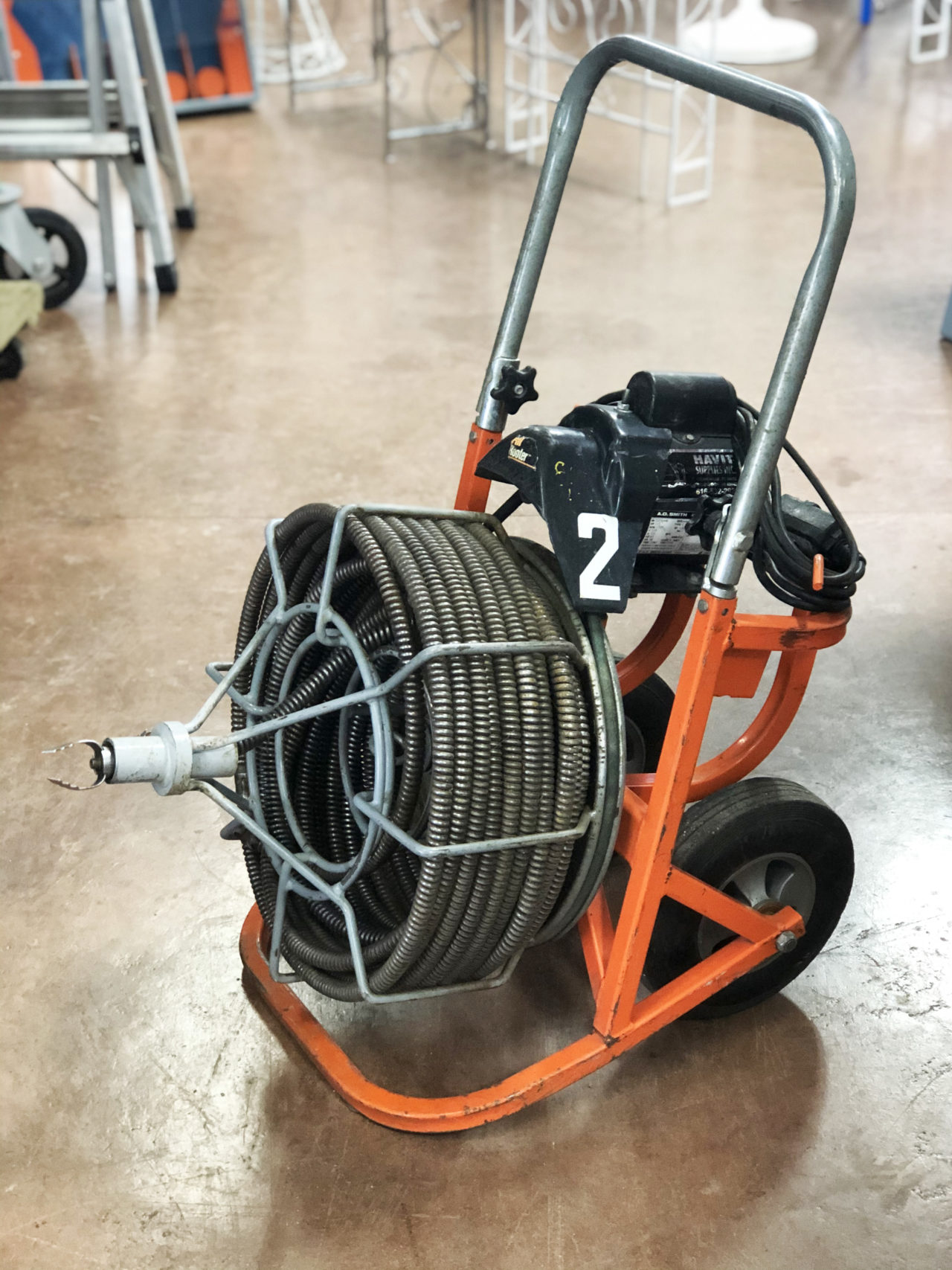

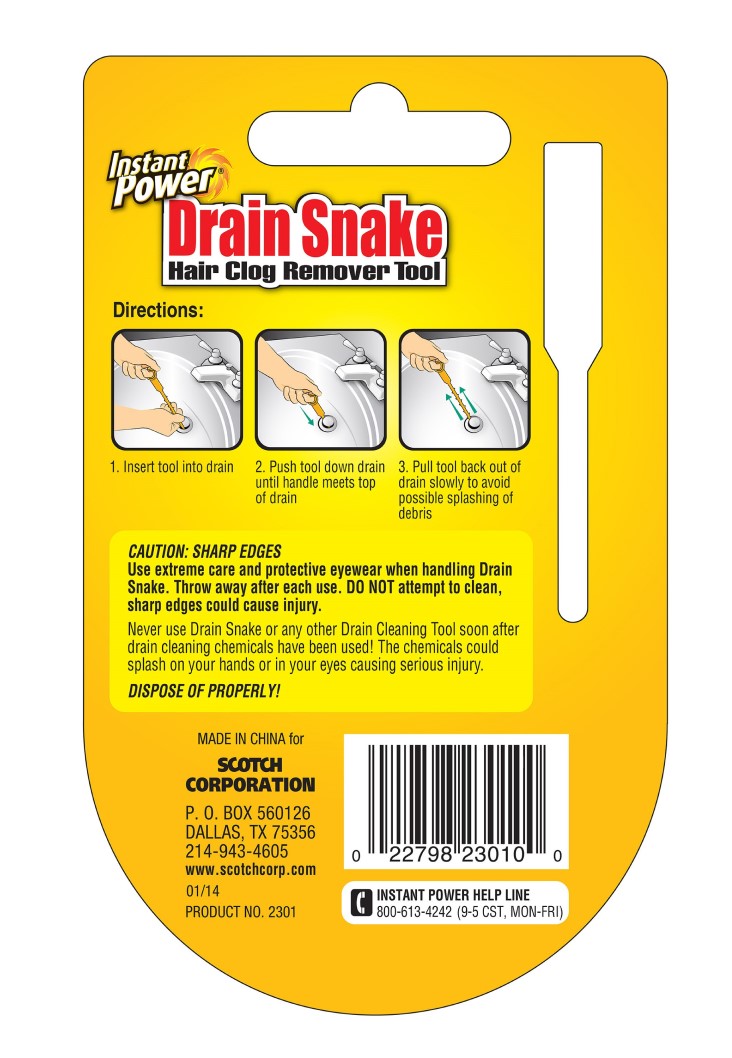
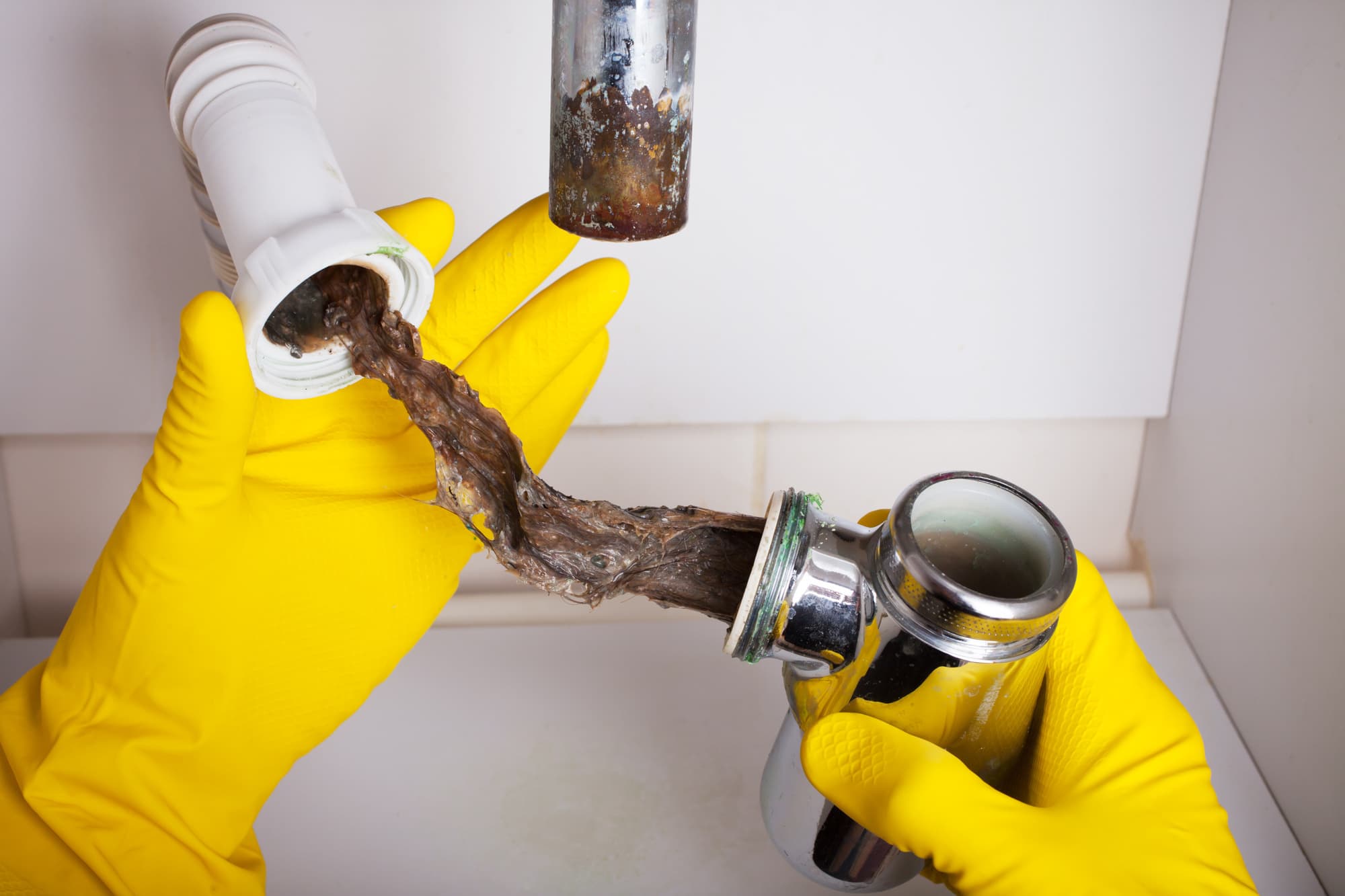



/Clogpipecleaner-GettyImages-1163260376-ed2bb04f8b6e434cbcd43a69cb59b1a4.jpg)
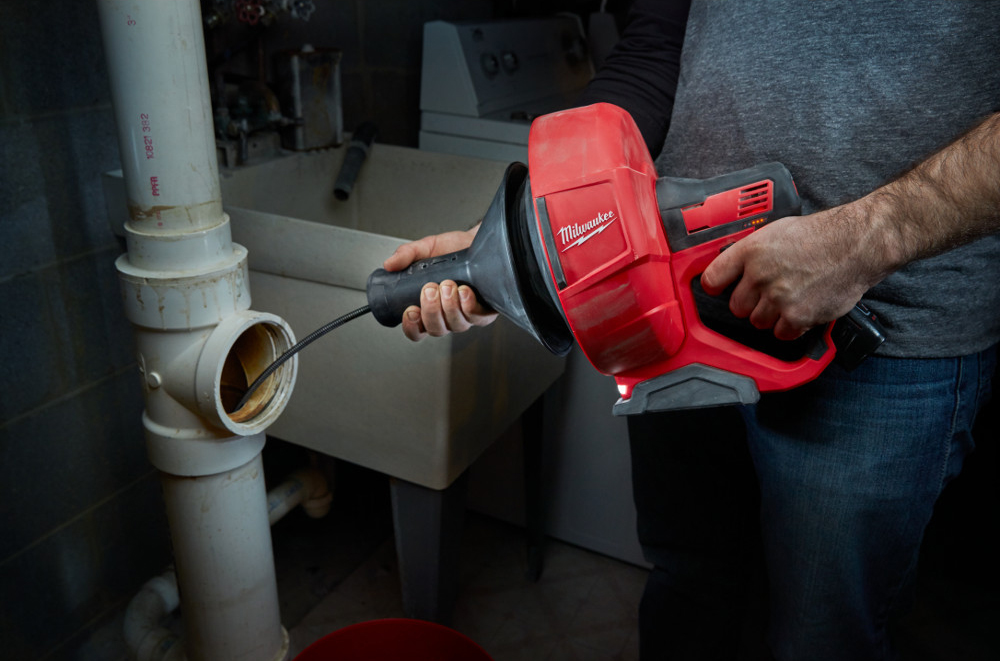

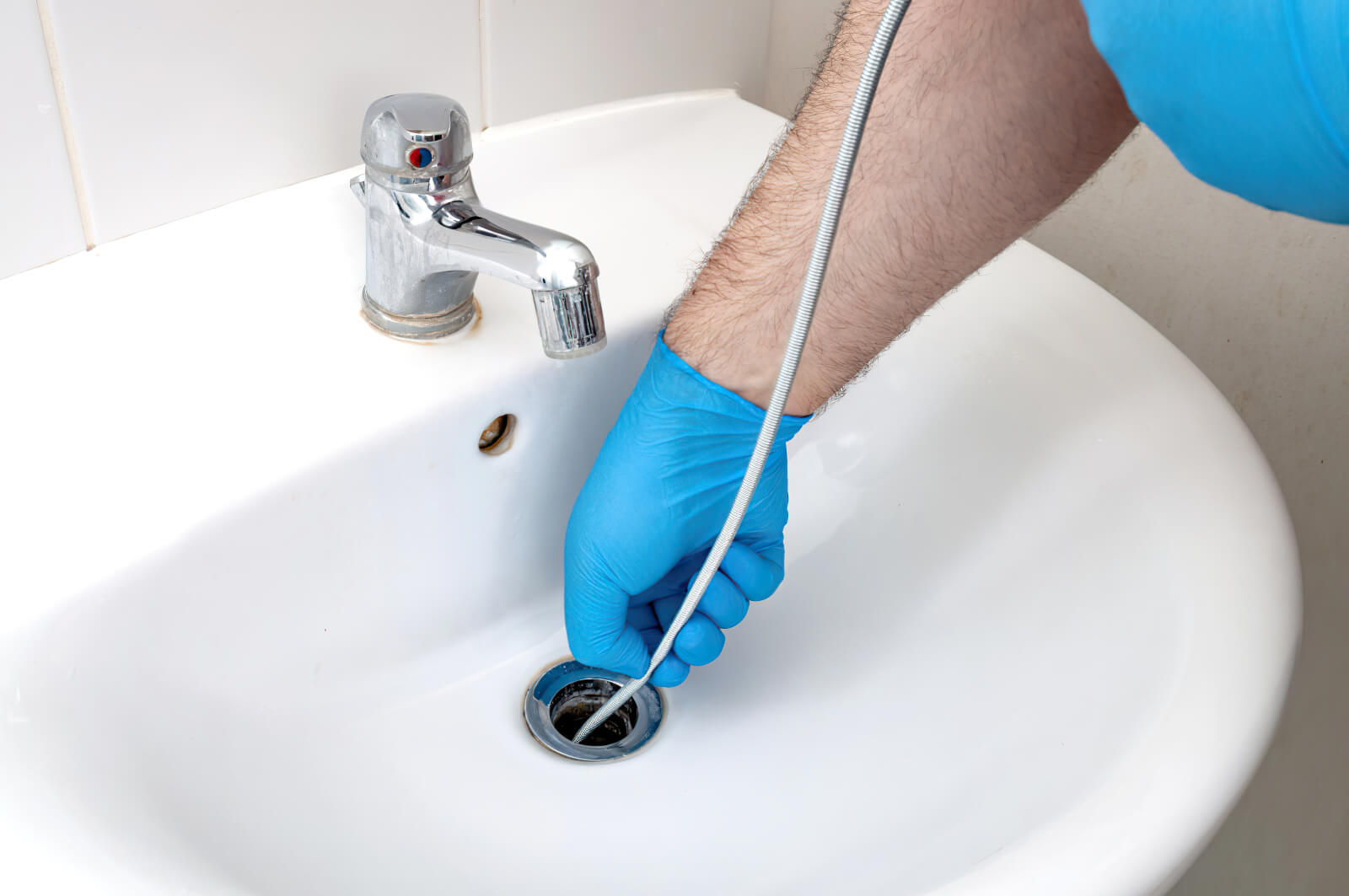





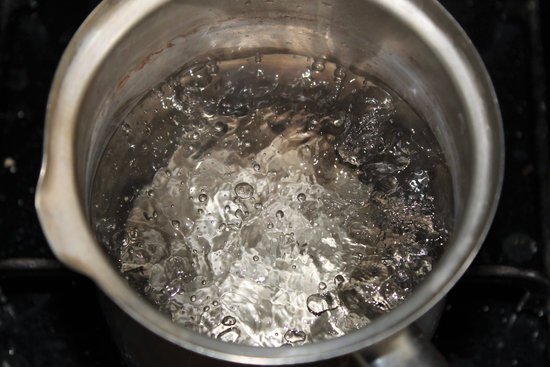



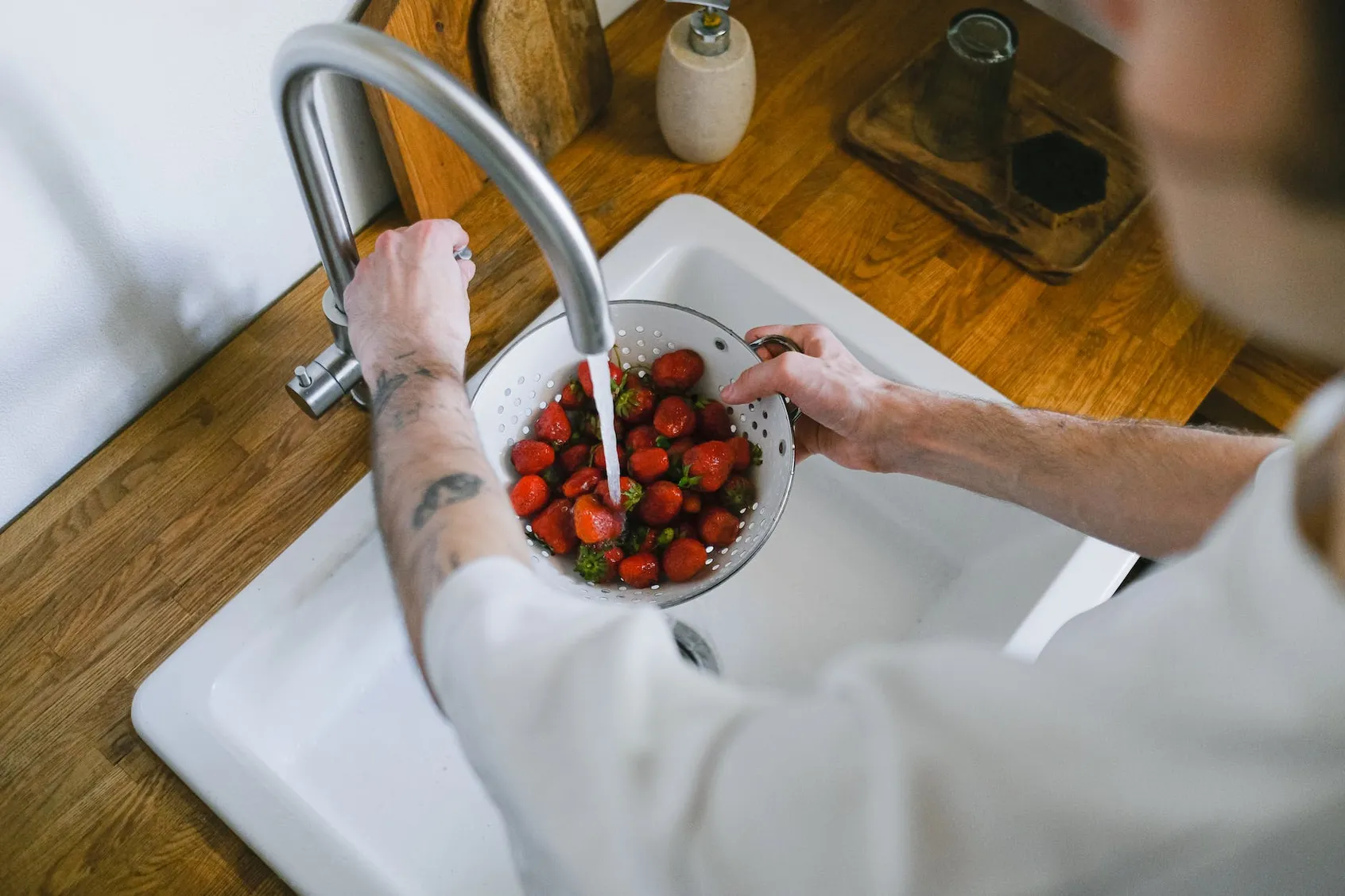
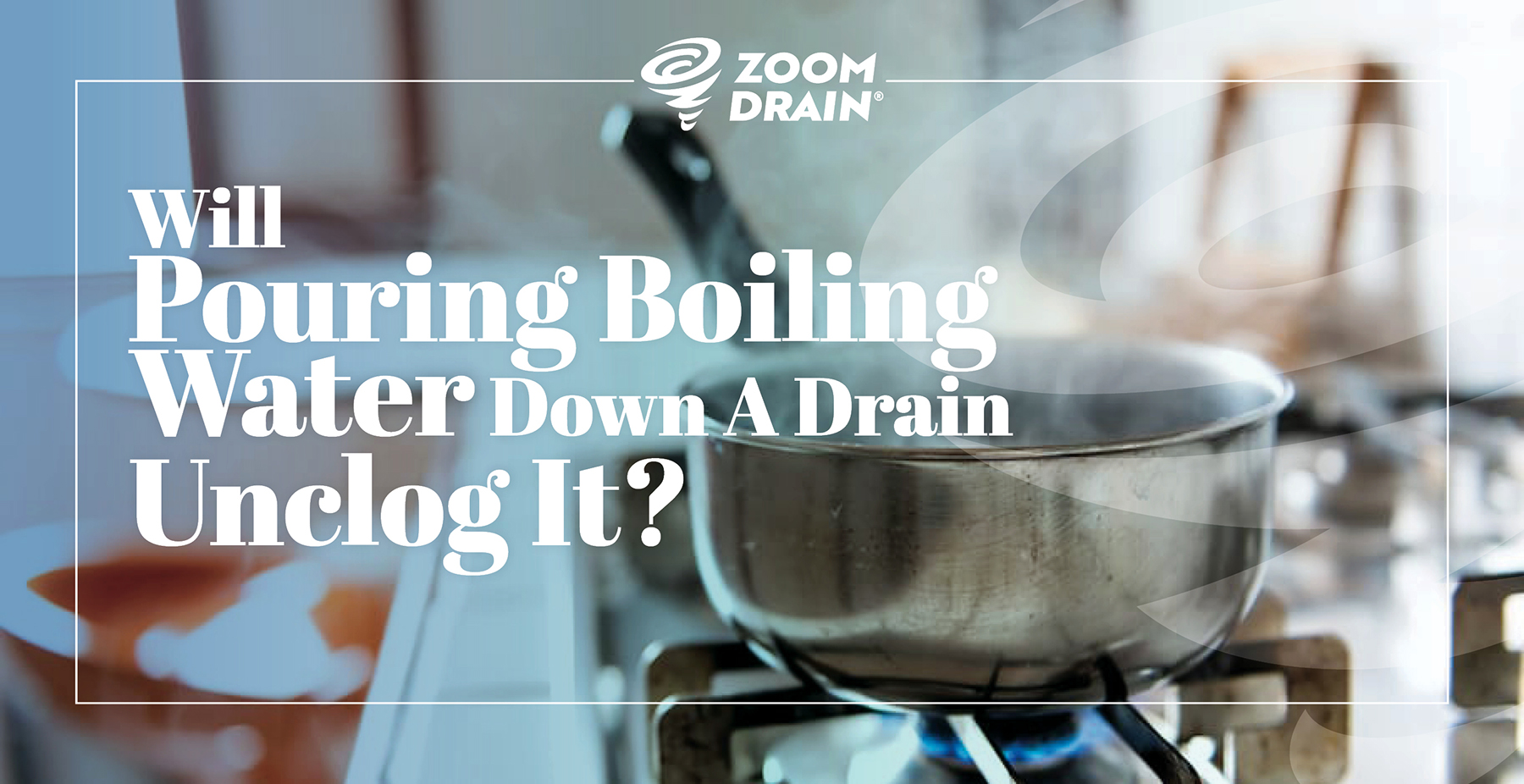

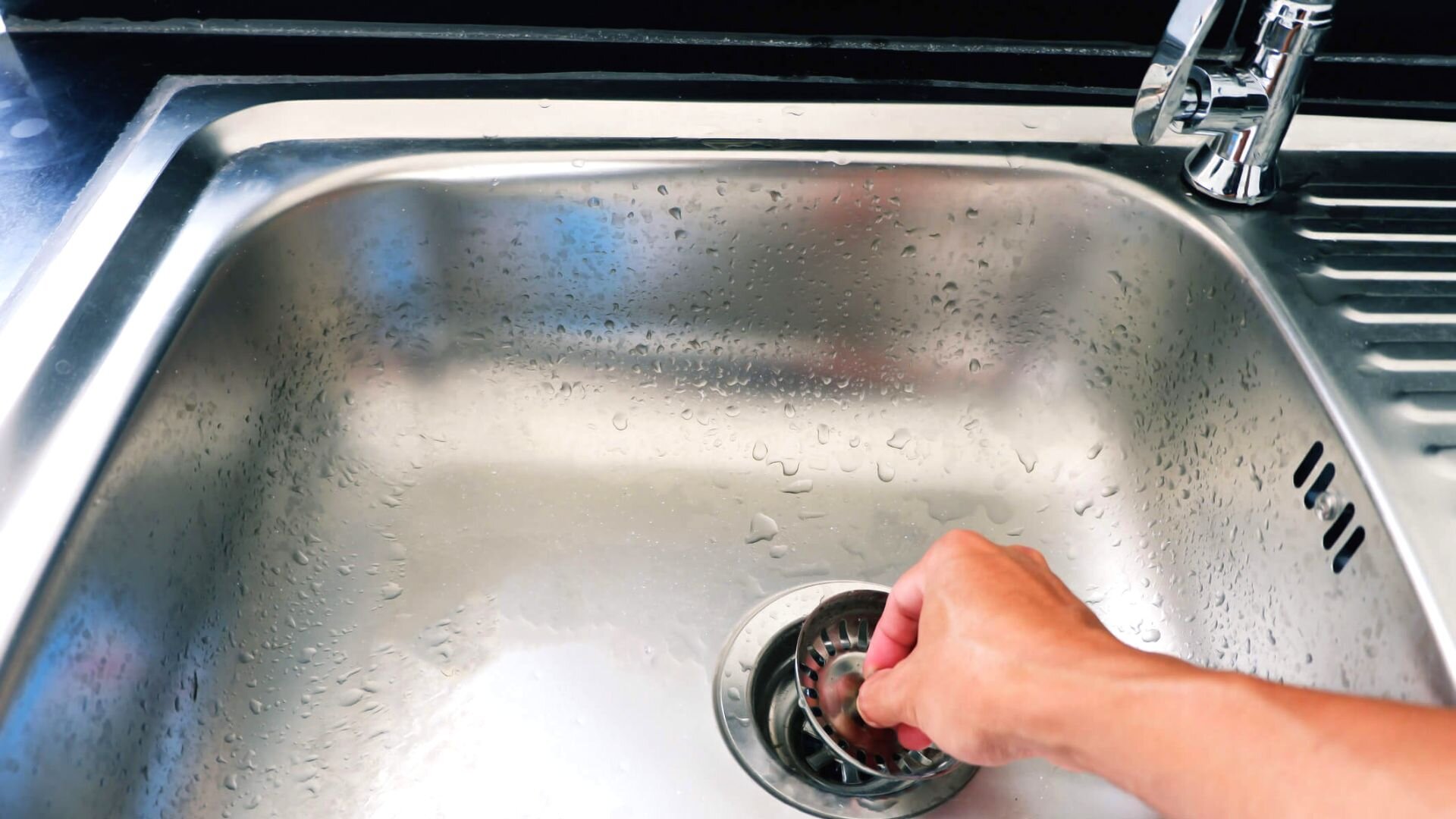



:max_bytes(150000):strip_icc()/make-your-own-disinfectant-solution-998274-V1-16d759206c054b1fb53410b90c57744c.jpg)



.jpg)
